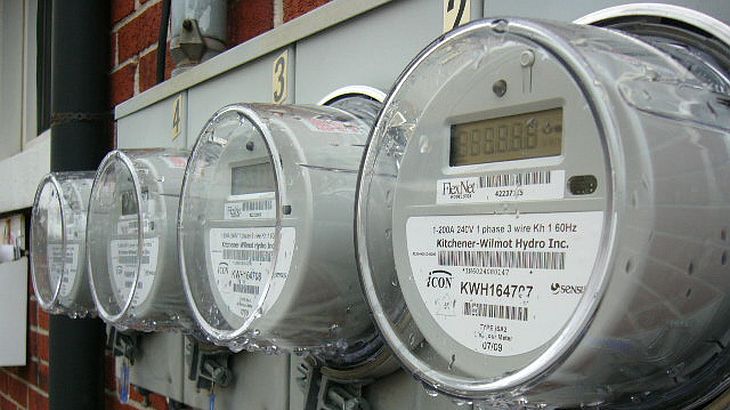Smart grids balancing intermittent solar and wind energy with flexible power demand could do for Europe what shale gas has done for the United States, a senior European Union official said. European Commission Vice President Maroš Šefčovič said smart grids are crucial for EU single energy market plans as they could integrate more renewables into electricity networks, boost security of supply and help lower prices for consumers, according to EurActiv.com and Reuters.
“Smart grids should become Europe’s shale gas”, he told a conference in Brussels. Abundant shale gas has boosted US energy independence, lowered power prices and given the country’s energy-intensive industries a competitive edge. Earlier, EU climate and energy commissioner Miguel Arias Cañete said smart grids were central to the Commission’s vision of making the EU the world’s number one in renewable energy and reforming European power markets.
“Smart grids work. They can reduce infrastructure capacity needed to meet demand by up to 30%”, he told the conference. Cañete said some 25% of Europe’s electricity already comes from renewables and that could increase to almost half of EU power supply in 2030, but this would require more flexibility from grids.
He said the distribution system operators, which run the low and medium voltage networks, will have to use power storage and demand management to encourage users to adapt their demand to the price and availability of power. Coupled with metering systems, smart grids could help consumers adapt power use to different prices throughout the day and save money by consuming more energy when prices are low.
Smart appliances with demand response
Smart appliances will play a key role in this, Cañete said. Forty million dynamic-demand refrigerators could provide more than 1,000 megawatts of frequency response. A smart appliance should be able to respond to information from grids, which could mean briefly turning itself off, or even turning itself on when it would not otherwise be operating to access cheaper energy, he said.
Demand response could save the European Union about 100 billion euros (108 billion dollars) per year, nearly 200 euros per citizen, he added. The Commission says the EU needs to invest some 400 billion euros by 2020 to modernize power transmission and distribution grids.
Smart metering, smart grids, smart people (Energy Breakfast Club)
On Wednesday, April 29, from 9 A.M., at Godot Cafe in Bucharest, energynomics.ro proposes a new informal meeting under the concept event Energy Breakfast Club to discuss with colleagues and partners some of the solutions at hand for modernization and for increased performance in the energy sector. This time we will also take into consideration the newest solutions for data monitoring, transmission and management in the energy distribution sector.
